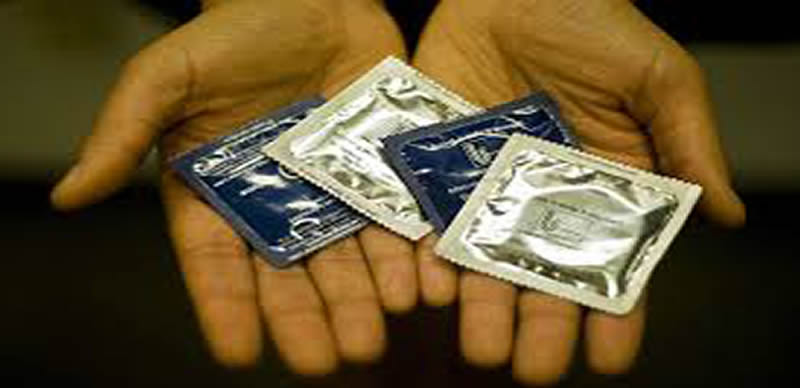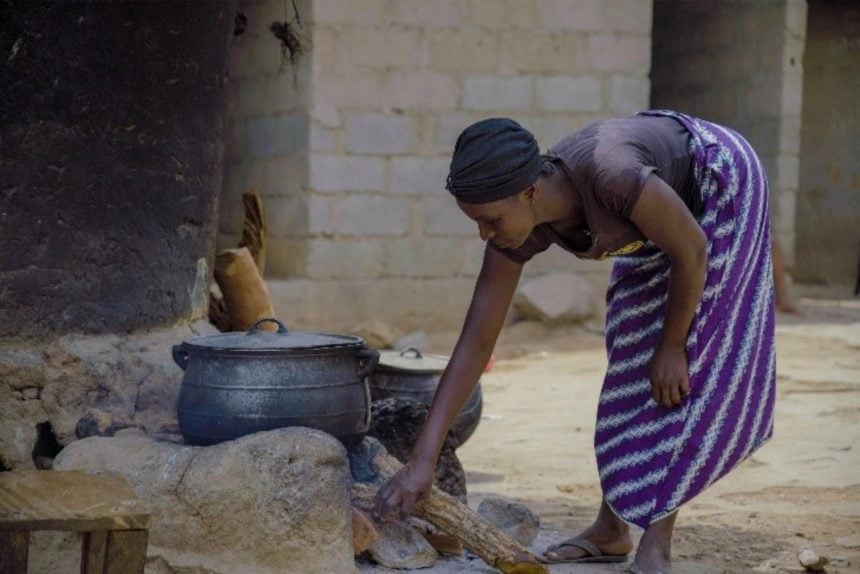The Joint United Nations Programme on HIV/AIDS (UNAIDS) has reported a steep decline in condom distribution in Nigeria, stating that it fell by 55 per cent over the past year as the global HIV response faces what the agency describes as its most serious setback in decades.
Releasing its 2025 World AIDS Day report, Overcoming Disruption, Transforming the AIDS Response, on Tuesday, UNAIDS warned that HIV prevention, testing, and community-led programmes are being disrupted across multiple regions, with several countries recording drops in new treatment initiations.
“Nigeria recorded a 55 per cent drop in condom distribution,” UNAIDS said.
The agency noted that 450,000 women in sub-Saharan Africa have lost access to “mother mentors,” trusted community workers who provide critical links to care. It said abrupt funding cuts and worsening human rights conditions are undermining prevention and treatment services in dozens of countries.
“The funding crisis has exposed the fragility of the progress we fought so hard to achieve,” Winnie Byanyima, Executive Director of UNAIDS, said in Geneva on Tuesday.
“Behind every data point in this report are people,” Byanyima said.
“Babies missed for HIV screening, young women cut off from prevention support, and communities suddenly left without services and care. We cannot abandon them,” she added.
UNAIDS noted that adolescent girls and young women were already heavily impacted before the crisis, with 570 new HIV infections occurring each day among young women aged 15 to 24.
“This is our moment to choose,” Byanyima said.
“We can allow these shocks to undo decades of hard-won gains, or we can unite behind the shared vision of ending AIDS.
“Millions of lives depend on the choices we make today.”
The report warned that weakened prevention programmes are leaving young women more vulnerable, while community-led organisations — described as the backbone of HIV outreach — are also under strain. More than 60 per cent of women-led organisations, according to UNAIDS, have had to suspend essential services.
The agency’s modelling shows that failure to restore prevention efforts could result in an additional 3.3 million HIV infections between 2025 and 2030. International assistance has also declined sharply, with projections from the OECD indicating that external health funding could fall by 30 to 40 per cent in 2025 compared with 2023.
“The impact has been immediate and severe, especially in low- and middle-income countries highly affected by HIV.”
UNAIDS urged world leaders to recommit to global solidarity and multilateral cooperation, including pledges made at the recent G20 Leaders’ Summit in South Africa.
It also called for sustained and increased HIV funding, particularly for countries reliant on external support, alongside investment in innovation such as affordable long-acting prevention.
The agency stressed the importance of safeguarding human rights and empowering communities as central elements of an effective HIV response.
(NAN)
WARNING: If You Are Not 18+, Don’t Click The Link Below 👇🫣
https://massivemanuscriptestimated.com/kx6iepv2qm?key=6c14bd1d68e1eba721851f19778f5efe
Please don’t forget to “Allow the notification” so you will be the first to get our gist when we publish it.
Drop your comment in the section below, and don’t forget to share the post.
Never Miss A Single News Or Gist, Kindly Join Us On WhatsApp Channel:
https://whatsapp.com/channel/0029Vad8g81Eawdsio6INn3B
Telegram Channel:
https://t.me/gistsmateNG











